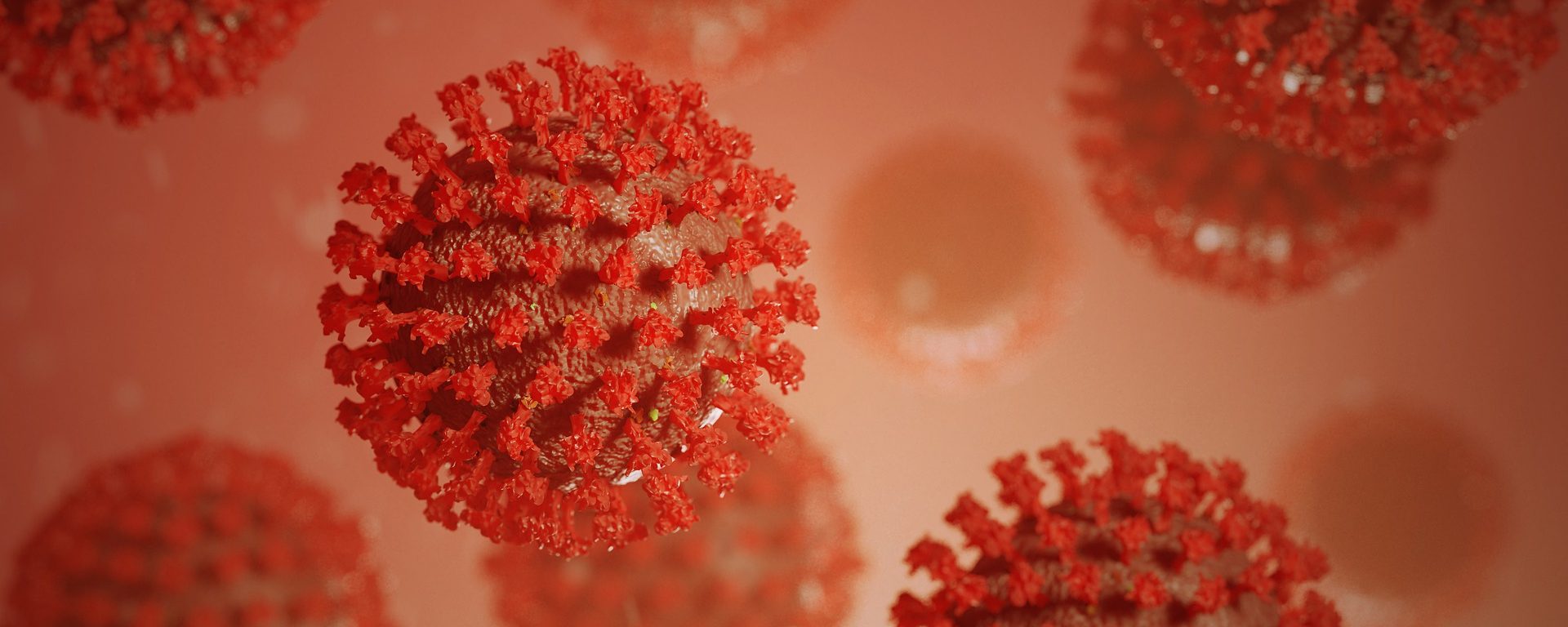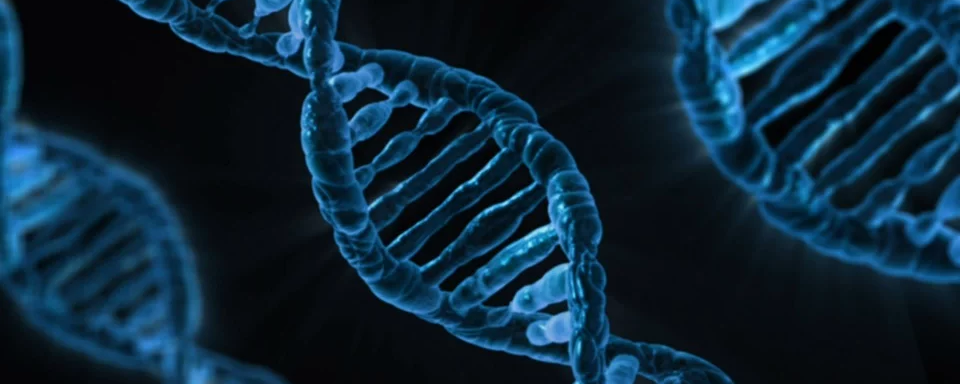-
What’s Killing the Tasmanian Devils? And What’s Saving Them?

By Emily Matcham Devil Facial Tumor Disease (DFTD) is as horrific as it sounds. Classified as a transmissible cancer, the disease, when present in Tasmanian devil populations, can reduce the populations by approximately 80 percent. Tasmanian devils, which are small, carnivorous marsupials native only to Tasmania, are scavengers and are instrumental to the maintenance of…
-
The Return of Birdsong

By Rebecca Park When was the last time you heard birdsong over the cacophony of honking cars, screeching tires, and roaring engines? Chances are, probably not recently—and even if you did, it would be like hearing the thin cry of a lost child in the midst of a bustling crowd—nearly imperceptible. Unlike lost children, male…
-
Predicting Empathy Unconventionally

By Tiffany Liang How would you tell how empathetic someone is? You might base it off of how they react to emotional situations, how caring they are, how well they pick up on the feelings of others, and so on. Here’s a brain teaser: how would you tell how empathetic someone is, without asking them…
-
COVID-19: Insights from UC Berkeley’s Infectious Disease Experts

COVID-19: Insights from UC Berkeley’s Infectious Disease Experts By Sharon Binoy, Ananya Krishnapura, Esther Lim, Elettra Preosti, Melanie Russo, Michael Xiong, Katheryn Zhou, Matthew Colbert, and Rosa Lee As published in Berkeley Scientific Journal Volume 24, Issue 2 Intersections, pg. 4-7 COVID-19, the disease caused by the novel coronavirus, SARS-CoV-2, has spread rapidly across our…
-
Awe in nature and its therapeutic effects

By Erin Fernwood During these months spent in quarantine during the ongoing COVID-19 pandemic, never before have we had more pressure to find alternatives to our everyday routines that we can no longer execute. Every single person across the globe has had to rearrange their lives in some way in order to accommodate for…
-
Perfecting the Rabies Vaccine Formula

By Sarea Nizami You may often associate the word “rabies” with dogs. But, did you know that 70% of rabies infections among humans in the United States are because of bats? In the United States, rabies is much more prevalent among wildlife than domestic animals. Thanks to pet vaccination programs, dogs don’t have to worry…
-
Born to Kill? The story of ‘Serial Killer’ genes

By Anusha Subramanian All the way back in 2010, an Italian judge made legal history by decreasing the already reduced sentence of a male convict accused of murder, after the convict was found to be a carrier of genetic variants that were thought to be associated with a predisposition for aggression (Forzano et al., 2010).…
-
New experiments can predict occurrences of quantum jumps and may require scientists to reevaluate old theories

By Amar Shah When the mathematical rules for quantum mechanical theory were first created, Niels Böhr and Werner Heisenberg proposed a way to interpret these rules and explain their physical implications: this became known as the Copenhagen interpretation of quantum mechanics. The idea of superposition is instrumental in this: that until the property of a…
-
The mysterious culprit of cancer

By Joshua Wu Cancer, often described as the emperor of all maladies, is a disease characterized by uncontrolled cell growth and proliferation. Cancer is expected to cause the death of 606,520 Americans this year, according to the American Cancer Society’s 2020 Facts & Figures. Due to the variety of cell types from which cancers…

